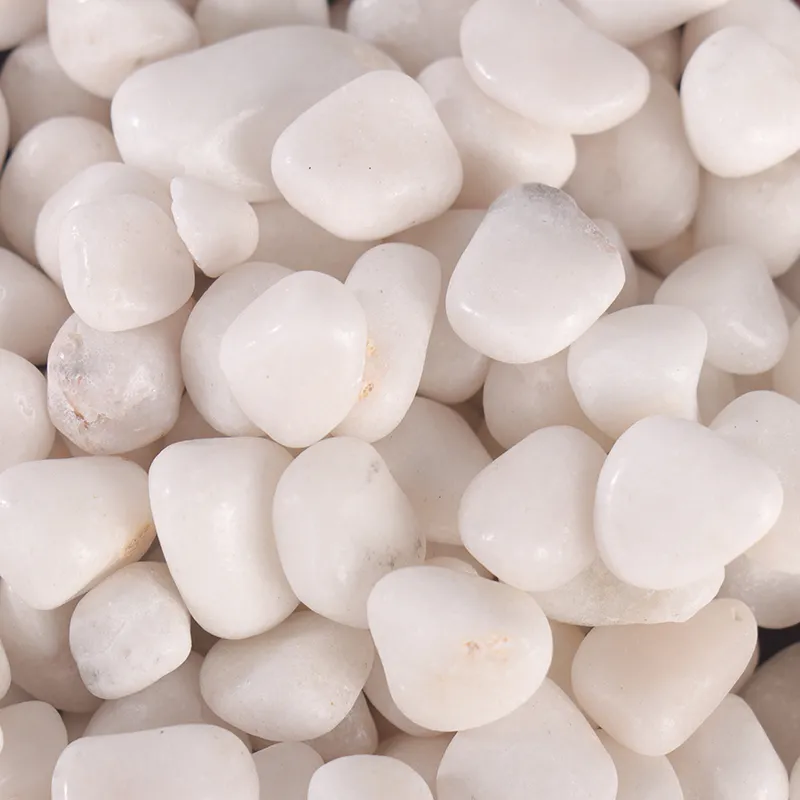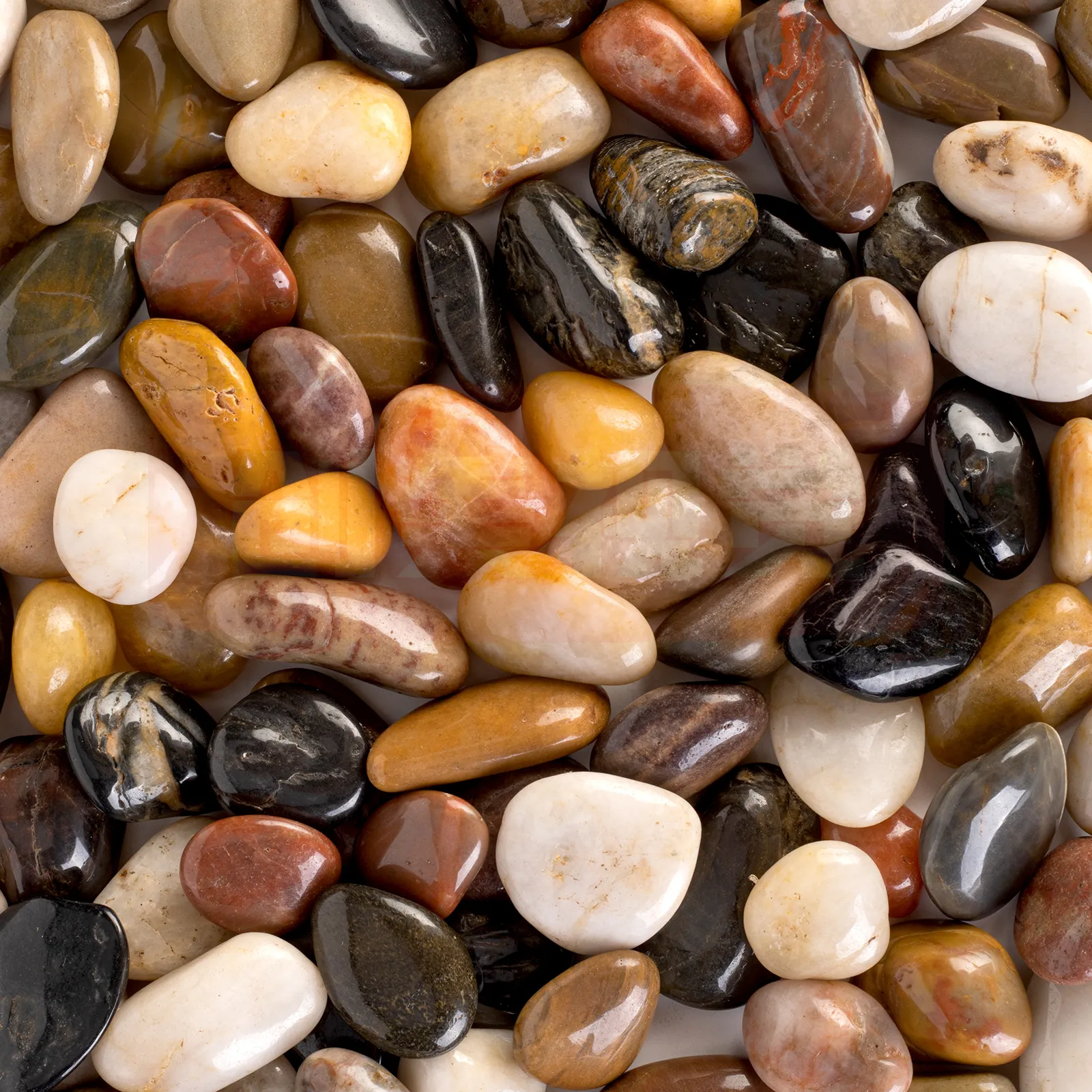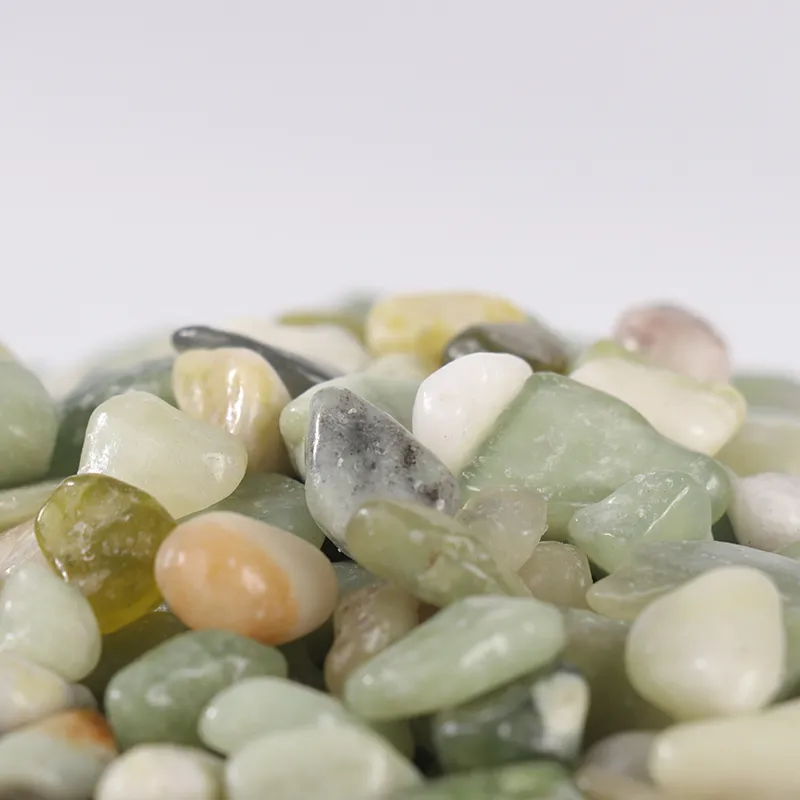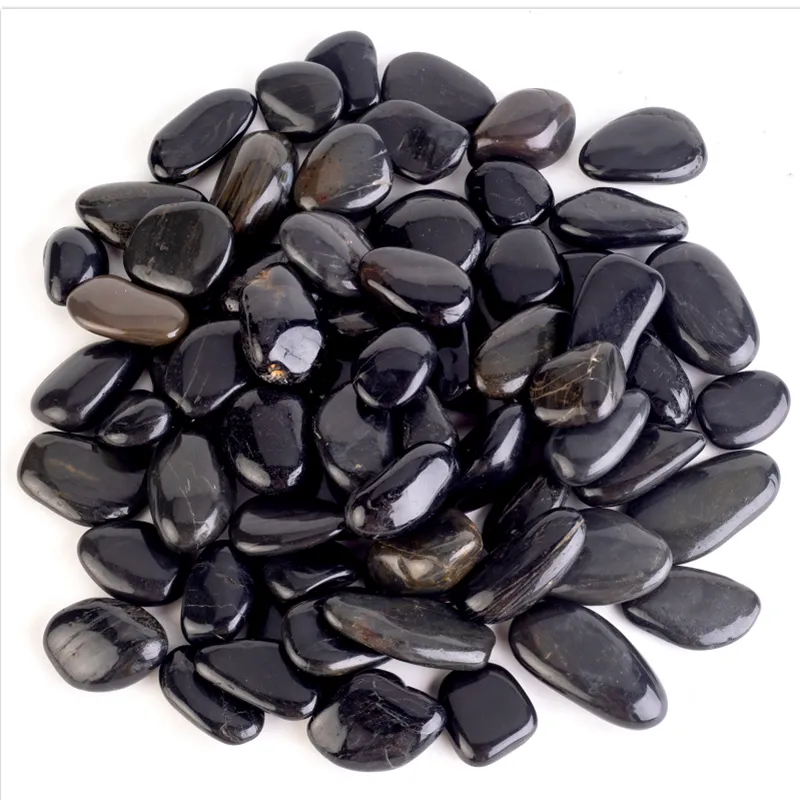10 月 . 01, 2024 14:51 Back to list
Using White Stones as Soil Enhancers for Plant Growth and Health
The Role of White Stones in Plant Soil A Multifaceted Approach to Gardening
When it comes to gardening and soil management, many gardeners are constantly seeking ways to enhance soil quality and promote healthy plant growth. Among the myriad of amendments and materials available, white stones have gained attention for their potential benefits in plant soil. This article explores the multifaceted roles that white stones can play in gardening, from improving drainage to enhancing aesthetic appeal.
One of the primary functions of white stones in plant soil is to improve drainage. Poor drainage can lead to waterlogging, which is detrimental to plant roots and can encourage the growth of pathogens. Incorporating white stones into the soil mix helps to create air pockets, allowing excess water to flow away from the root zone. This is particularly beneficial in regions with heavy rainfall or for plants that are sensitive to excess moisture. The stones act as a barrier, preventing soil from becoming too compacted, thus promoting better aeration for the roots.
In addition to aiding drainage, white stones can help regulate soil temperature. The reflective nature of white stones means they can help keep the soil cooler in hot weather, reducing stress on plants during peak temperatures. Conversely, in cooler climates, they can retain heat, creating a more stable environment for plant growth. This temperature regulation can be crucial for young seedlings or plants that are particularly susceptible to temperature fluctuations.
white stones in plant soil
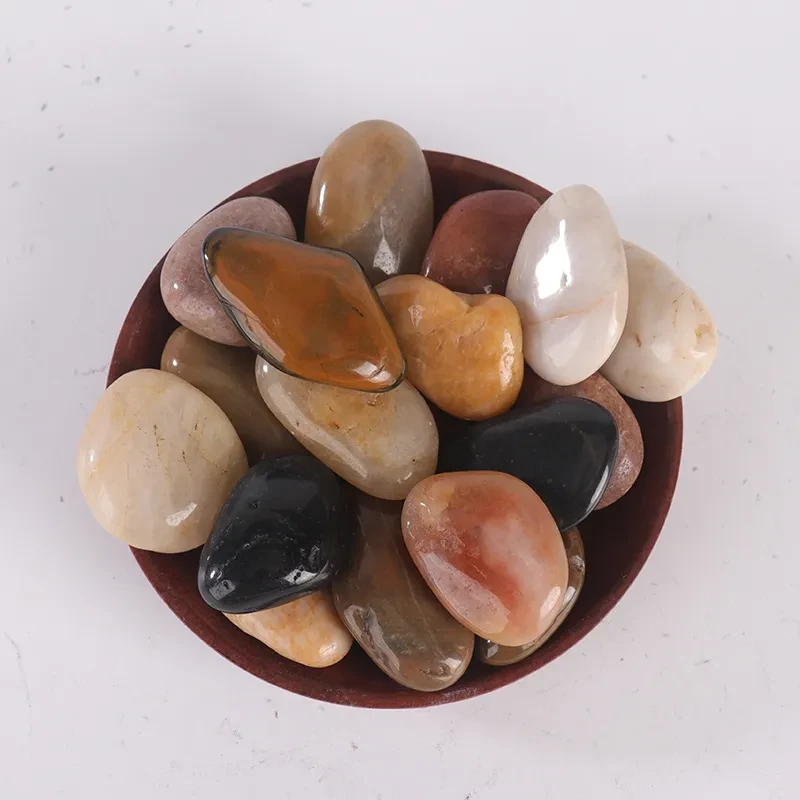
Moreover, white stones serve as a natural deterrent for certain pests. By covering the soil surface with white stones, gardeners can create an inhospitable environment for slugs and snails, which might otherwise feed on tender plants. This not only contributes to healthier plants but also reduces the need for chemical pesticides, aligning with sustainable gardening practices.
Beyond their functional benefits, white stones also significantly enhance the visual appeal of a garden. Their bright color provides a stark contrast against green foliage and colorful flowers, creating a visually appealing landscape. This aesthetic enhancement can make outdoor spaces more inviting and enjoyable, adding to the overall gardening experience. White stones can be used creatively in pathways, around flower beds, or as decorative accents in potted plants.
Lastly, using white stones in plant soil can contribute to long-term soil health. Unlike organic materials that decompose over time, white stones remain stable, providing enduring benefits without the need for frequent replacement. This makes them a sensible investment for perennial garden beds and landscape designs where consistency is key.
In conclusion, white stones in plant soil present a unique combination of aesthetic and functional benefits that can elevate any gardening endeavor. Whether it’s improving drainage, regulating temperature, deterring pests, or enhancing visual appeal, these stones can play a crucial role in creating a thriving garden. As more gardeners look for sustainable and visually striking solutions, incorporating white stones into their gardening practices may prove to be a wise choice.
-
Tumbled Nephrite Jade in Feng Shui: How to Attract Balance and Prosperity
NewsOct.18,2024
-
Nephrite Jade in Home Décor: Bringing Earthy Elegance to Your Living Space
NewsOct.18,2024
-
How to Spot Authentic Tumbled Nephrite Jade: A Buyer’s Guide
NewsOct.18,2024
-
Healing Properties of Tumbled Nephrite Jade: A Look into Ancient Wellness Practices
NewsOct.18,2024
-
Ethical Sourcing of Nephrite Jade: Ensuring Sustainable and Fair Trade Practices
NewsOct.18,2024
-
Caring for Your Tumbled Nephrite Jade: Maintenance Tips for Longevity
NewsOct.18,2024



